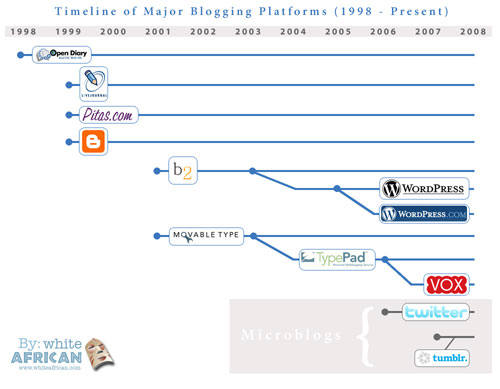Just today Google has shown that they are willing to invest in African mobile phone businesses. Does Google’s purchase of an equity stake in Mobile Planet mean the big web/mobile money will start flowing throughout Africa? Not necessarily, but it made me think of a conversation that I tend to have a lot in my travels.
The topic of conversation usually turns to this; what type of web or mobile application can you build to make some serious money in Africa? Though there are many answers to that question, as I believe there are many options for successful web and mobile companies in Africa, there are only a few that I think of as “sure things”.
 Any entrepreneur is looking to either a) create a company with solid cash flow and grow it, or b) create a solid company with value and then sell it (or have an IPO). On the web that takes some well-known paths, and the most common is option “b” where the entrepreneur’s sell their company to a larger web entity (Amazon, Google, eBay, Nokia…etc).
Any entrepreneur is looking to either a) create a company with solid cash flow and grow it, or b) create a solid company with value and then sell it (or have an IPO). On the web that takes some well-known paths, and the most common is option “b” where the entrepreneur’s sell their company to a larger web entity (Amazon, Google, eBay, Nokia…etc).
A “Sure Thing” Formula
Create a Jabber-based chat application that works on the mobile phone and the web, grow it to a 1-2 million users within a region, sell to Google.
Why does this work?
You build your chat application with Jabber since it can interface with Google’s GTalk. Jabber is free, and also happens to be the what a couple other major applications are built on (see South Africa’s Mxit). Google is trying to grow in Africa, and I assume would be extremely happy to pay a very healthy amount of money to acquire an application with millions of active users that is built on the same protocol as their own chat system.
Challenges
The formula for this particular idea is built on two premises. First, that you can actually get a couple million users within an African region using your chat application. Second, that Google wants more users on their platform(s).
The first challenge is born from the fact most mobile phone users in Africa don’t use data enabled phones, so they can’t run a Jabber application on their phone. Mxit’s answer to this in South Africa was to show that for 10% of the cost of a normal SMS, you could send a message through their system (which happens to be a highly bastardized customized Jabber app). Your goal is to get people who don’t have a data enabled phone to upgrade to one.
The second challenge is beyond your control. You’ll never know if Google wants to buy you out until they come knocking. However, if let’s just say you shouldn’t have to many problems monetizing a system that has 1-2 million users on it anyway…
Your goals to overcome these challenges is found in tapping into communities and spreading your app virally to gain critical mass with speed. Once it spreads, the first application like this to reach a decent amount of saturation will be the winner, even if it has some faults (see Twitter).
Opportunities
Though chat is the core of your application, that is both web and mobile phone accessible, it’s not the only value added service that you can provide. With some creativity, you can add services that allow more people to tap into, including locally relevant events, news, marketplaces, personals, jobs, etc…
On top of these services, you’ve got the advantage of building on an open source platform that other services use as their core.
Lastly, and most importantly. If you were to reach even 500,000 users you would have an incredibly viable opportunity for advertising revenue. The ability to target specific advertisements, or sponsorships, through the platform make it a marketers dream. Basically, you might not need, nor want, a buy out after all.
In Summary
Is it really a “sure thing”? No, every business move has inherent risk and depends on execution of the strategy.
Is it a good basic idea that could be built into a real product with a solid exit strategy? Yes, undoubtedly so.
We’ve already seen the booming success of Mxit in South Africa. There’s no reason to believe that you couldn’t have a margin of that same success in East, West or North Africa with the same type of service. If you build it with an end-goal of Google integration in it at the end, you also set yourself up for a real possibility of a buy out.

